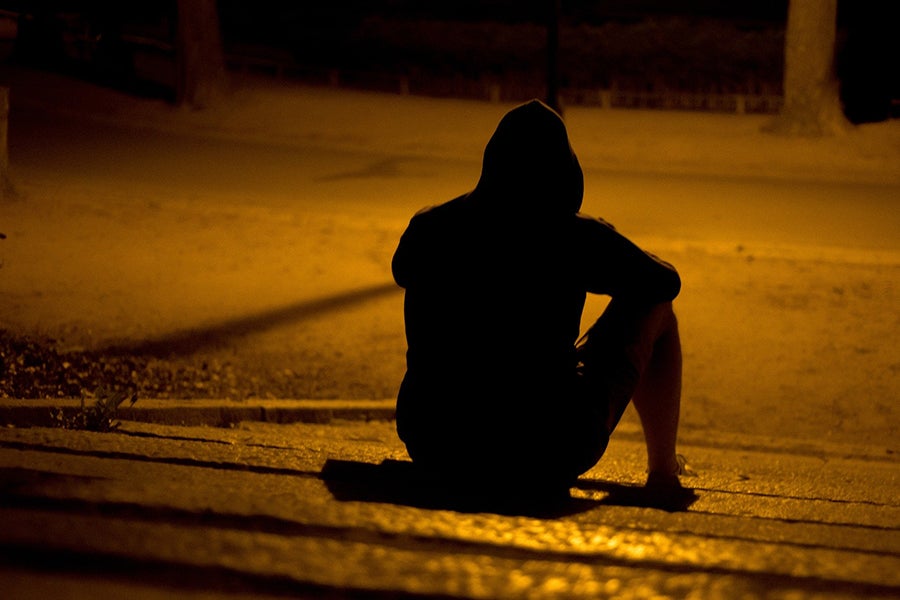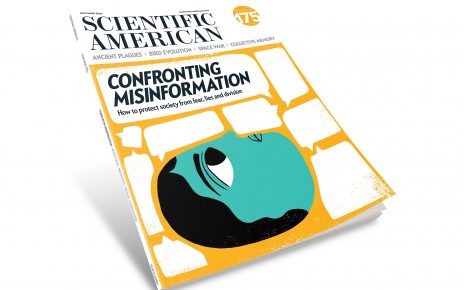Untreated drug and alcohol use contribute to tens of thousands of deaths every year and impact the lives of many more. Healthcare already has effective tools including medications for opioid and alcohol use disorder that could prevent many of these deaths, but they are not being utilized widely enough, and many people who could benefit do not even seek them out. One important reason is the stigma that surrounds people with addiction.
Stigma is a problem with health conditions ranging from cancer and HIV to many mental illnesses. Some gains have been made in reducing stigma around certain conditions; public education and widespread use of effective medications has demystified depression, for instance, making it somewhat less taboo now than it was in past generations. But little progress has been made in removing the stigma around substance use disorders. People with addiction continue to be blamed for their disease. Even though medicine long ago reached a consensus that addiction is a complex brain disorder with behavioral components, the public and even many in healthcare and the justice system continue to view it as a result of moral weakness and flawed character.
Stigma on the part of healthcare providers who tacitly see a patient’s drug or alcohol problem as their own fault leads to substandard care or even to rejecting individuals seeking treatment. People showing signs of acute intoxication or withdrawal symptoms are sometimes expelled from emergency rooms by staff fearful of their behavior or assuming they are only seeking drugs. People with addiction internalize this stigma, feeling shame and refusing to seek treatment as a result.
In a Perspective I published recently in The New England Journal of Medicine, I tell the story about a man I met who was injecting heroin in his leg at a “shooting gallery”—a makeshift injection site—in San Juan, Puerto Rico, during a visit to that country several years ago. His leg was severely infected, and I urged him to visit an emergency room—but he refused. He had been treated horribly on previous occasions, so preferred risking his life, or probable amputation, to the prospect of repeating his humiliation.
This highlights a dimension of stigma that has been less remarked on in the literature and that is uniquely important for people with substance use disorders: Beyond just impeding the provision or seeking of care, stigma may actually enhance or reinstate drug use, playing a key part in the vicious cycle that drives addicted people to continue using drugs.
Previously on this blog I highlighted research by Marco Venniro at NIDA’s Intramural Research Program, showing that rodents dependent on heroin or methamphetamine still choose social interaction over drug self-administration, given a choice; but when the social choice is punished, the animals revert to the drug. It is a profound finding, very likely applicable to humans, since we are highly social beings. Some of us respond to social as well as physical punishments by turning to substances to alleviate our pain. The humiliating rejection experienced by people who are stigmatized for their drug use acts as a powerful social punishment, driving them to continue and perhaps intensify their drug-taking.
The stigmatization of people with substance use disorders may be even more problematic in the current COVID-19 crisis. In addition to their greater risk through homelessness and drug use itself, the legitimate fear around contagion may mean that bystanders or even first responders will be reluctant to administer naloxone to people who have overdosed. And there is a danger that overtaxed hospitals will preferentially pass over those with obvious drug problems when making difficult decisions about where to direct lifesaving personnel and resources.
Alleviating stigma is not easy, in part because the rejection of people with addiction or mental illness arises from violations of social norms. Even people in healthcare, if they do not have training in caring for people with substance use disorders, may be at a loss as to how to interact with someone acting threateningly because of withdrawal or some drugs’ effects (e.g., PCP). It is crucial that people across healthcare, from staff in emergency departments to physicians, nurses, and physician assistants, be trained in caring compassionately and competently for people with substance use disorders. Treating patients with dignity and compassion is the first step.
There must be wider recognition that susceptibility to the brain changes in addiction are substantially influenced by factors outside an individual’s control, such as genetics or the environment in which one is born and raised, and that medical care is often necessary to facilitate recovery as well as avert the worst outcomes like overdose. When people with addiction are stigmatized and rejected, especially by those within healthcare, it only contributes to the vicious cycle that entrenches their disease.



